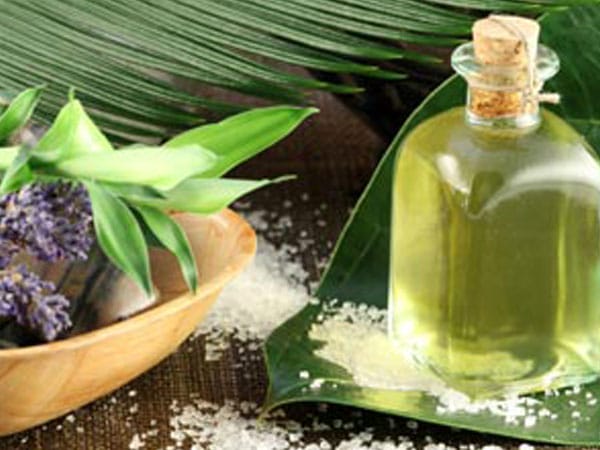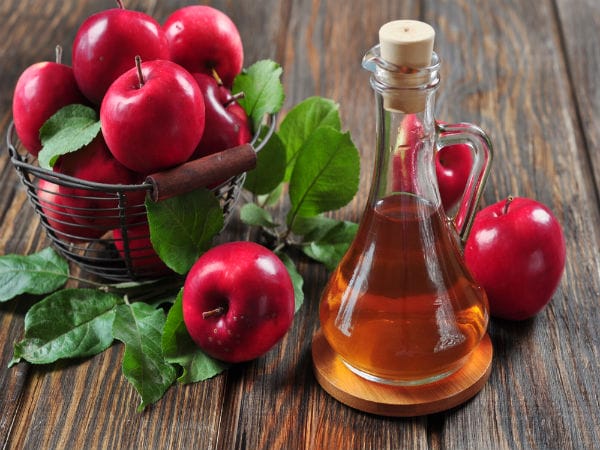9 Ways to Treat Knee Pain: Easy & Simple Home Remedies Tips
Knee Pain Be Gone: Natural Remedies Abound
Knee pain can be a persistent and debilitating issue. Still, fortunately, nature has provided a multitude of remedies to alleviate the discomfort. The possibilities for natural relief are vast, from the anti-inflammatory properties of olive oil to the potent compounds found in turmeric and ginger. However, these well-known remedies are just the beginning. Numerous other natural solutions await exploration, each with unique benefits and advantages. As we venture further into the world of natural remedies, a wealth of innovative and effective solutions await, offering new hope for those seeking to banish knee pain for good.
Key Takeaways
• Natural remedies like olive oil, turmeric, ginger, willow bark, and boswellia reduce knee pain and inflammation when used topically or consumed orally.
• Herbal remedies, such as turmeric, ginger, willow bark, and boswellia, can be consumed as teas, capsules, or topical creams to alleviate knee pain.
• Anti-inflammatory drinks like ginger tea, grape juice with pectin, and apple cider vinegar help reduce knee pain and inflammation when consumed regularly.
• Certain seeds and oils, such as olive oil, mustard oil, and fenugreek seeds, can be used topically to reduce knee pain and inflammation.
• Essential oils like eucalyptus, peppermint, and frankincense can be mixed with carrier oils and applied topically to reduce knee pain and inflammation.
1. Olive Oil Remedy for Knee Pain
Olive oil, a natural anti-inflammatory agent, is an effective remedy for alleviating knee pain when applied topically.
The oleocanthal compound in olive oil is responsible for its anti-inflammatory properties, which help reduce swelling and pain in the knee joint.
To utilize olive oil for knee pain relief, apply a generous amount to the affected area and massage for five minutes. Leave it on for an hour before washing it off.
Repeat this process daily to experience significant pain reduction.

Olive oil’s anti-inflammatory properties make it an ideal natural remedy for knee pain, providing a safe and effective alternative to pharmaceutical treatments.
2. Soothing Knee Pain With Herbs
Herbal remedies have been widely utilized for centuries to alleviate knee pain, with many herbs possessing potent anti-inflammatory and analgesic properties that can relieve knee joint discomfort. These natural remedies can be used with conventional treatments to enhance their effectiveness.
Turmeric contains curcumin, a potent anti-inflammatory compound that reduces joint inflammation and pain.
Ginger has anti-inflammatory properties that help reduce pain and swelling in the knee joint.
Willow Bark contains salicin, a compound similar to aspirin, which helps reduce pain and inflammation.
Boswellia, also known as frankincense, has anti-inflammatory properties that help reduce knee pain and inflammation.
These herbal remedies can be used as teas, capsules, or topical creams to relieve knee pain.
3. Natural Anti-Inflammatory Drinks
Certain beverages have been found to possess potent anti-inflammatory properties, making them a valuable adjunct to conventional knee pain management strategies.
One such drink is ginger tea, which has been shown to reduce inflammation and alleviate pain.
Grape juice, fortified with pectin, has also reduced knee pain.
Additionally, when consumed as a tonic, apple cider vinegar has alkalizing properties that can help soothe knee pain.
These natural anti-inflammatory drinks can be incorporated into one’s daily routine to relieve knee pain.
4. Seeds and Oils for Knee Relief
In addition to anti-inflammatory drinks, various seeds, and oils have been found to possess therapeutic properties that can provide relief from knee pain. These natural remedies offer a safe and effective way to alleviate knee pain, reducing the need for pharmaceutical interventions.
Four examples of seeds and oils that can provide knee relief are:
a. Olive Oil: Massage olive oil onto painful areas to reduce inflammation and pain.
b. Mustard Oil: Heat mustard oil with garlic to create a soothing topical treatment.
c. Fenugreek Seeds: Apply a paste made from roasted fenugreek seeds to reduce knee pain and inflammation.
d. Eucalyptus Oil: Mix eucalyptus oil with olive oil and peppermint oil to create a potent pain-relieving treatment.

5. Juicy Solutions for Knee Pain
Grape juice, when combined with pectin, is an effective natural remedy for alleviating knee pain, offering a safe and convenient solution for individuals seeking to manage their symptoms.
This potent combination helps to reduce inflammation and alleviate discomfort, making it an attractive option for those seeking a non-invasive approach to knee pain management.
Furthermore, grape juice is rich in antioxidants and polyphenols, which can help to neutralize free radicals and promote overall joint health.
6. Essential Oils for Knee Therapy
Beyond the realm of culinary applications, olive oil, as seen in the previous remedies, also serves as a foundation for exploring the therapeutic potential of essential oils in alleviating knee pain.
Essential oils have been utilized for centuries to provide relief from various ailments, including knee pain.
Eucalyptus Oil: Known for its analgesic and anti-inflammatory properties, eucalyptus oil can be mixed with carrier oil and applied topically to reduce knee pain.
Peppermint Oil: Peppermint oil’s cooling properties can help alleviate knee pain and inflammation when applied topically.
Frankincense Oil: Frankincense oil has anti-inflammatory properties that can help reduce knee pain and swelling.
Wintergreen Oil: Wintergreen oil contains methyl salicylate, which can help relieve knee pain and reduce inflammation.
7. Citrus Remedies for Knee Pain
Citrus fruits, renowned for their nutritional value and culinary applications, also possess inherent therapeutic properties that can be leveraged to alleviate knee pain.
Lemon, in particular, is an effective natural remedy for knee pain relief. The citric acid and flavonoids present in lemon have anti-inflammatory properties that help reduce swelling and pain.
Applying a slice of lemon to the affected area, wrapped in a cloth and dipped in sesame oil, can provide significant relief.
Additionally, drinking lemon juice mixed with honey and warm water can help reduce inflammation and alleviate knee pain.
The antioxidant properties of citrus fruits, such as oranges and grapefruits, can also help combat oxidative stress and inflammation, further alleviating knee pain.
8. Spicy and Sour Knee Pain Relief
By harnessing the potent anti-inflammatory properties of certain spicy and sour ingredients, individuals can effectively alleviate knee pain and inflammation, paving the way for a more active and pain-free lifestyle.
Cayenne Pepper With Olive Oil: Mix cayenne pepper with olive oil to create a paste, and apply it to the affected area to reduce pain and inflammation.

Ginger Tea: Consume ginger tea daily to harness its anti-inflammatory properties and alleviate knee pain.
Lemon and Sesame Oil: Apply a mixture of lemon and sesame oil to the affected knee to reduce pain and inflammation.

Apple Cider Vinegar: Drink a solution of apple cider vinegar and water daily to alkalize the body and reduce knee pain.
9. Epsom Salt Baths
Epsom salt, which is primarily made up of magnesium sulfate, can be an effective natural remedy for knee pain relief. Magnesium is known for its anti-inflammatory properties, and when absorbed through the skin during an Epsom salt bath, it can help reduce inflammation and alleviate knee pain.
To use this remedy, add one to two cups of Epsom salt to a warm bath and soak for at least 20 minutes. The magnesium from the Epsom salt can help relax the muscles around the knee joint, reducing tension and discomfort. Additionally, the warm water can improve blood circulation, further promoting healing and pain relief.
Epsom salt baths can be especially beneficial after physical activity or at the end of the day when knee pain may be more pronounced. Regular Epsom salt baths can be a simple, inexpensive, and natural way to manage knee pain and promote overall relaxation.
It’s important to note that individuals with certain medical conditions, such as diabetes or kidney problems, should consult with their healthcare provider before using Epsom salt baths as a treatment.
Conclusion
In conclusion, a multitude of natural remedies have been presented as viable alternatives to pharmaceutical interventions for alleviating knee pain.
From olive oil’s anti-inflammatory properties to the pain-reducing compounds found in ginger and turmeric, the array of options is vast.
Herbal remedies, natural anti-inflammatory drinks, and seeds and oils have been demonstrated to provide supplementary relief.
By incorporating these natural remedies into daily routines, individuals can find respite from knee pain, underscoring the importance of exploring holistic approaches to healthcare.
